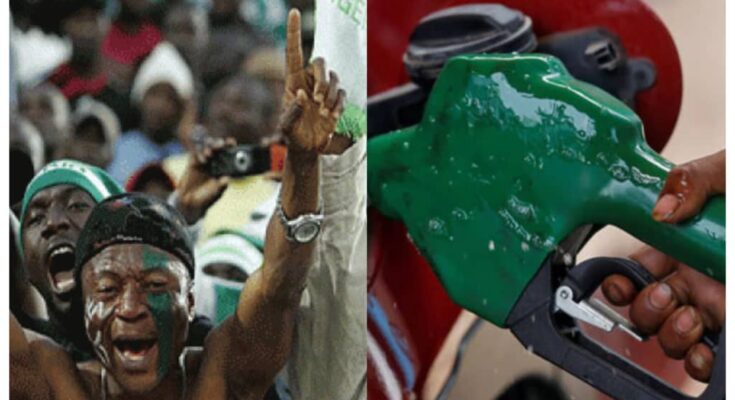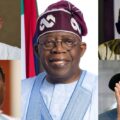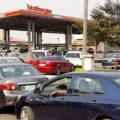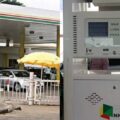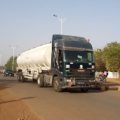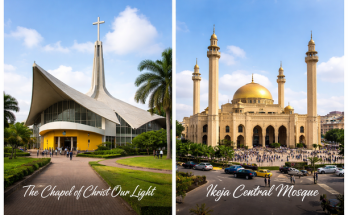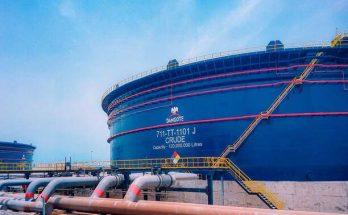Despite President Bola Ahmed Tinubu’s repeated promises that fuel subsidies have been removed, recent findings by Daily Trust reveal that the government paid a significant sum of N169.4 billion in August to maintain the fuel price at N620 per liter.
Many reports suggest that this price stability, despite unfavorable factors like a weaker exchange rate and international crude oil prices exceeding $95 per barrel, hints at the return of fuel subsidies.
A document from the Federal Account Allocation Committee (FAAC) indicates that in August 2023, the Nigerian Liquefied Natural Gas (NLNG) paid $275 million in dividends to Nigeria through NNPC Limited.
READ ALSO: NLC, TUC, transport unions and ASUU protest against fuel subsidy removal in Umuahia
NNPC Limited used $220 million (approximately N169.4 billion at an exchange rate of N770/$) of this money to cover the PMS subsidy. Additionally, NNPC unlawfully retained $55 million.
In simpler terms, this FAAC report suggests that fuel subsidies have reappeared, and NNPC is now using NLNG dividends to fund these subsidies.
Price of Petrol in the global market
Brent crude oil crossed the $95 per barrel mark, and the value of Nigeria’s currency (the naira) hit an all-time low on the black market. This has raised doubts about whether Nigeria has really removed subsidies on petrol.
At the time of writing this post, U.S. West Texas Intermediate crude oil prices went up by more than 1% to $92.46 per barrel, and Brent crude oil, which is an international benchmark, exceeded $95 per barrel.
READ ALSO: Removal of Fuel Subsidy: What Can Nigerian Government and Citizens Do?
Why fuel price keep rising?
The recent rise in crude oil prices was expected to lead to higher gasoline prices.
However, the Nigerian government’s decision to keep gasoline (known as Premium Motor Spirit or PMS) at N617 per liter indicates that the subsidy on fuel may have quietly returned.
In addition to the rapid drop in the naira’s value on the black market, the government’s price cap on gasoline has made things challenging for fuel sellers.
As of the last week of August, the international market was selling PMS for $1,030.11 per metric ton, compared to around $859.25 in July when the Nigerian National Petroleum Corporation (NNPC) raised the pump price to an average of N617 per liter. This shows an increase of nearly 20%.
In July, the exchange rate was N820 to $1, but now it’s N920 to $1, indicating a 12.19% increase. Crude oil prices were $78.50 per barrel in July, rising to $88.50 per barrel in the last week of August, and recently hitting $95 per barrel.

